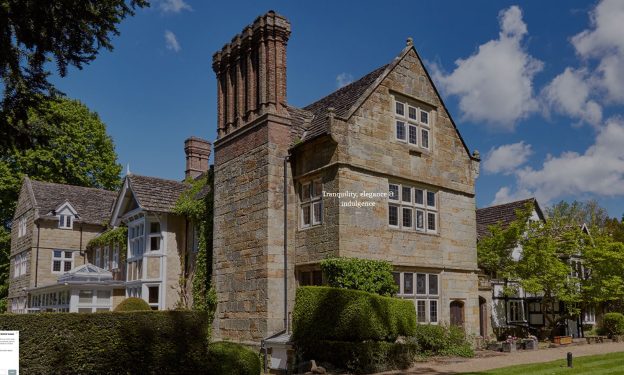Here’s an interview with Oriana Fallaci in The New Yorker that doesn’t do her justice. Fallaci is unique in the annals of journalism. No superlative can properly describe the kind of irreverent grilling she subjected her interviewees to. The clubby, tête-à -têtes journalists conduct with their overlords are a disgrace—they’ll never come close to Fallaci’s skin-them-alive inquisitions.
Omitted from this interview is how Fallaci began her exchange with Qaddafi. It approximates the following paraphrase: “So your manifesto is so small and insignificant it fits in my powder puff. Why should anyone take you seriously”?”
When I attended journalism school, my teachers held her up as the iconic role model to emulate (of course, this would be unheard of in the left-liberal, groupthink dominated journalism schools of today). Thus one of the nicest compliments I’ve ever received was Reginald Firehammer’s. In “The Passion of Principles,” his review of my book for the Randian Free Radical, he likened my passion to Fallaci’s. The passion, perhaps, but never the courage, the life-force, or the capacity for adventure.
The New Yorker’s Margaret Talbot depicts Fallaci as pathologically anti-authoritarian. Is there any other way to be? Talbot, moreover, likes Fallaci’s classically liberal feminism, but flagrantly frames her crusade against Islam as a function of waning faculties. Yes, Fallaci is out of place in youth-worshipping America, where the lukewarm nonchalance of a Wonkette and her “Whatever” Generation is considered the ideal intellectual and existential temperament.
It would, however, be a grave mistake not to heed Fallaci’s warnings. This is an immensely cultured woman, steeped in the past. She understands history and the forces that shape it. More material, she has lived it.
Fierce, Fabulous Fallaci
Classical Liberalism, Criminal Injustice, Critique, Free Speech, The Zeitgeist

